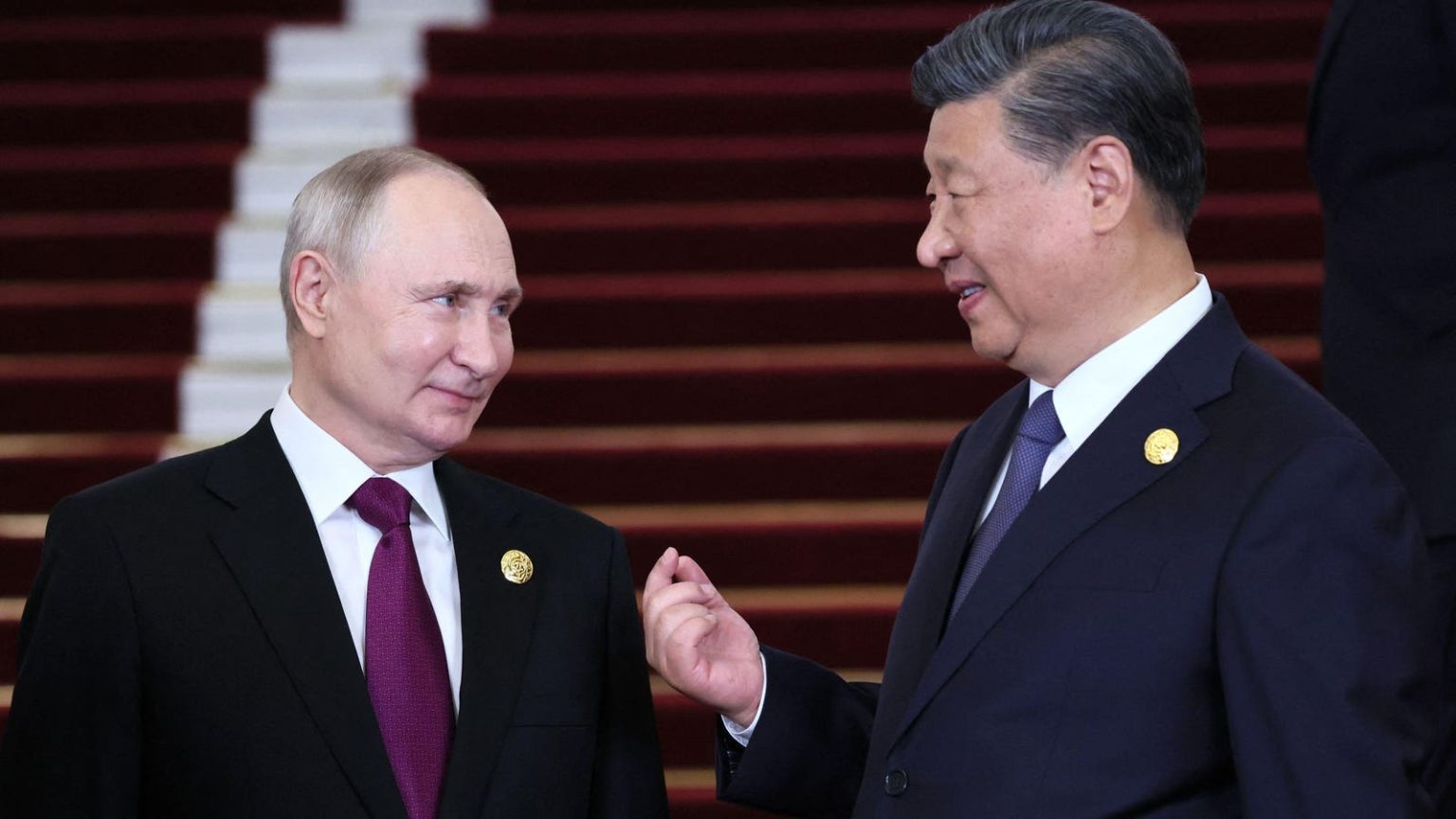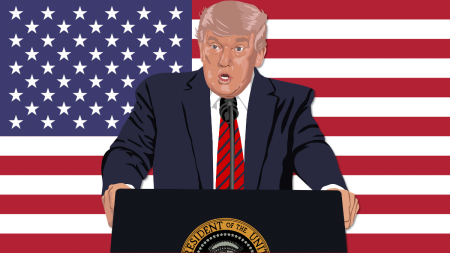In a recent online briefing, State Department arms control official Paul Dean emphasized the importance of ensuring that humans, not artificial intelligence, have the final say over the use of nuclear weapons. The United States, along with the U.K. and France, have all made commitments to keep nuclear weapons under human control. Dean called on China and Russia to make similar pledges, highlighting the need for responsible behavior in governing these powerful weapons. This stance also marks a show of unity among the five permanent members of the UN Security Council.
Dean’s statement comes amidst global debates over how to regulate artificial intelligence, as nations and companies race to develop increasingly powerful systems. Leaders across various sectors have warned of the potential dangers posed by AI, both in terms of existential risks to humanity and violations of human rights. Despite efforts to coordinate regulation on AI, military applications have received less attention in these discussions. The recent Vienna talks emphasized the challenges of regulating autonomous weapons and highlighted the growing concern over the military uses of AI.
Notably, nuclear weapons have long been a focal point in international relations, with tensions escalating in recent years. The Kremlin’s threat to use nuclear weapons against its enemies, potentially as a first strike, is a concerning escalation in rhetoric. China, meanwhile, has been expanding its nuclear arsenal while advocating for a “no-first-strike” policy. The U.S. has accused Russia of violating the Chemical Weapons Convention by using chloropicrin against Ukrainian troops, adding to previous allegations of chemical attacks by Russian forces in Ukraine.
There are currently nine countries in the world known to possess nuclear weapons, according to the International Campaign to Abolish Nuclear Weapons. In addition to the five permanent Security Council members, Israel, India, Pakistan, and North Korea are believed to have nuclear capabilities. The majority of nuclear warheads are held by Russia and the U.S. With over 12,700 warheads collectively, the presence of these weapons adds to global concerns about the potential risks posed by their use.
As discussions on AI regulation continue, the role of nuclear weapons and the need for human control over them remain significant topics in international security debates. The call for responsible behavior in governing these weapons, as reiterated by Dean, emphasizes the importance of ensuring that decisions on nuclear deployment are made by humans rather than artificial intelligence. The need to maintain human control over nuclear weapons underscores the ongoing challenges and risks associated with these powerful and potentially catastrophic weapons.















